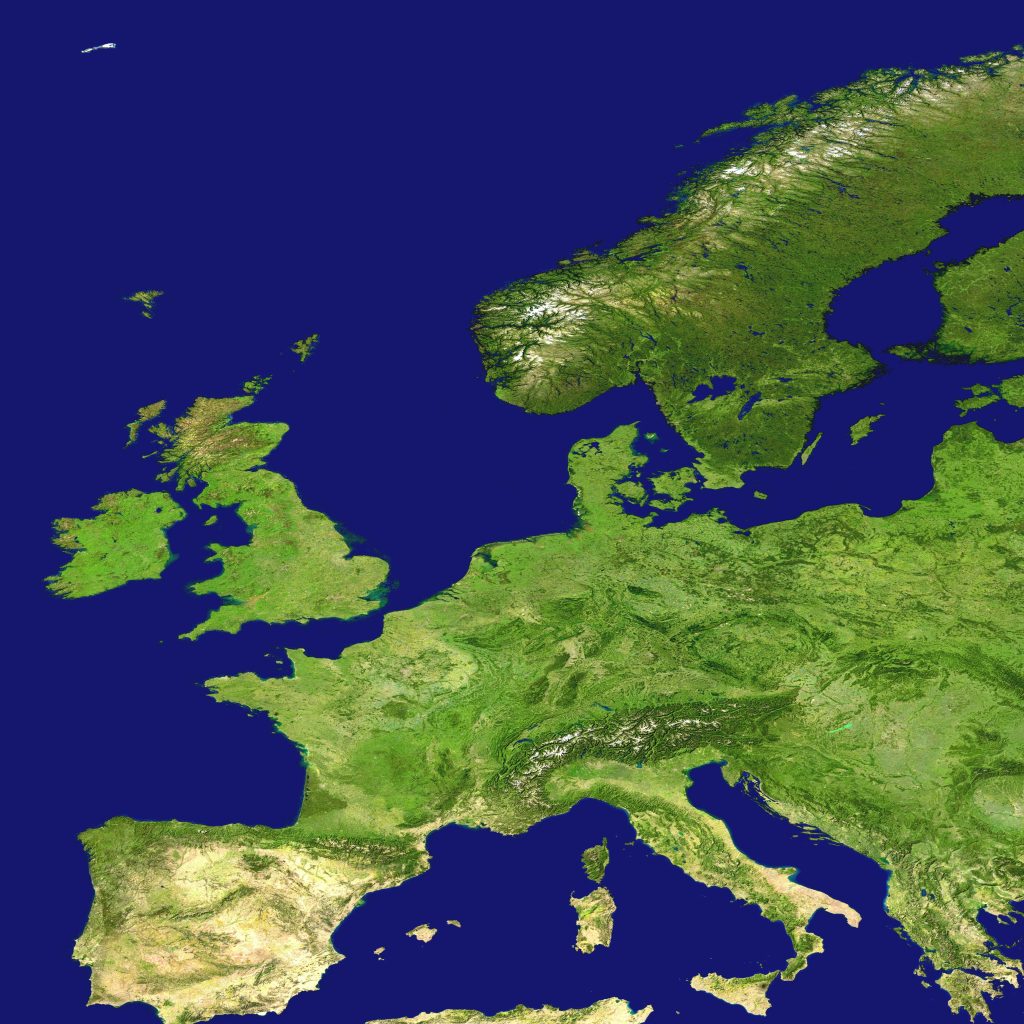[FR] Reunification, enlargement and deepening
Speech by Jacques Delors during the debate organised by Europartenaires on 13 January 2000.

While it is very difficult to interest public opinion in the day-to-day workings of European integration, or even in the major issues it raises, there has been a renewed interest in European issues since the Helsinki European Council. This is somewhat similar to what happened after the fall of the Berlin Wall. Journalists, intellectuals and politicians have been looking at the question of how far Europe should go, and Commission President Romano Prodi has called for a debate on Europe’s borders. Let’s say straight away that this is an extremely difficult debate because, on this subject, historical and geographical parameters provide neither certainties nor even solid arguments. The other side of the problem – will the Europe of 30 still be the same Europe? – is also unsettling for the reasons already mentioned by Jean-Noël Jeanneney this morning and by Elisabeth Guigou.
But let us not address the issue without first taking a good look at the background, i.e. the state of the Union. Since European integration began with the economy for reasons you are well aware of, the interlocking mechanism, which is an integral part of the Community method, has been in full swing until the acceptance and then the implementation of Economic and Monetary Union. Its success is not guaranteed, let us not forget, and we should remember that politicians have a habit of not following through with the same enthusiasm once a decision has been taken.
This economic and monetary union must therefore still be made a success, and it must be clearly understood that those who thought it would not only be the crowning achievement of 45 years of economic integration but also the launch pad for a political Europe were mistaken in their overconfidence in the Community method.
As regards foreign affairs and defence, the Maastricht Treaty had too much of an announcement effect, and the minor corrections made in the Amsterdam Treaty did not prevent stagnation. The European Council talks emphatically about joint action and produces 20- to 30-page documents, on joint action with Russia, for example, which are presented in such a way that they are indecipherable to citizens and unusable by diplomats or other professionals who should refer to them.
In this area, however, there is a glimmer of hope with the decision taken in Helsinki to set up a “projection force”, based on lessons learned from the crises in the former Yugoslavia. With regard to this initiative, which is as much British as it is French, it should also be noted that, in the European kriegspiel, Tony Blair, unlike John Major and regardless of his other difficulties, has managed to slip into the heart of Europe. You will also note that we have decided on this protection force without mentioning common defence and without raising the thorny issue of fundamental relations with the Atlantic Alliance. This breakthrough, somewhat reminiscent of the Eureka breakthrough in 1985 at France’s instigation, must be followed up and must serve to temper the impression that an overly pessimistic picture might give.
Finally, on the subject of internal affairs and security, it should be noted that the Treaty of Amsterdam paid tribute to virtue by deciding to reintegrate some of these issues into the so-called “Community” method, and we welcome the efforts of Elisabeth Guigou to move forward, sometimes amid the indifference of her colleagues, on complicated issues that are nevertheless of unquestionable interest to citizens because, along with unemployment, security is the issue that concerns them most.
It is therefore against this backdrop that we must consider the movement that is leading us towards enlargement and which gives the impression of being guided by a headless animal. To do this, I will focus on two essential points:
- The reunification of Europe is our historic mission: it is not simply an unavoidable objective, but a duty we must fulfil in the eyes of history.
- Contrary to what some people claim, the contradiction between enlargement and deepening is a harsh reality that cannot be ignored. Several episodes in the history of European integration bear witness to this.




